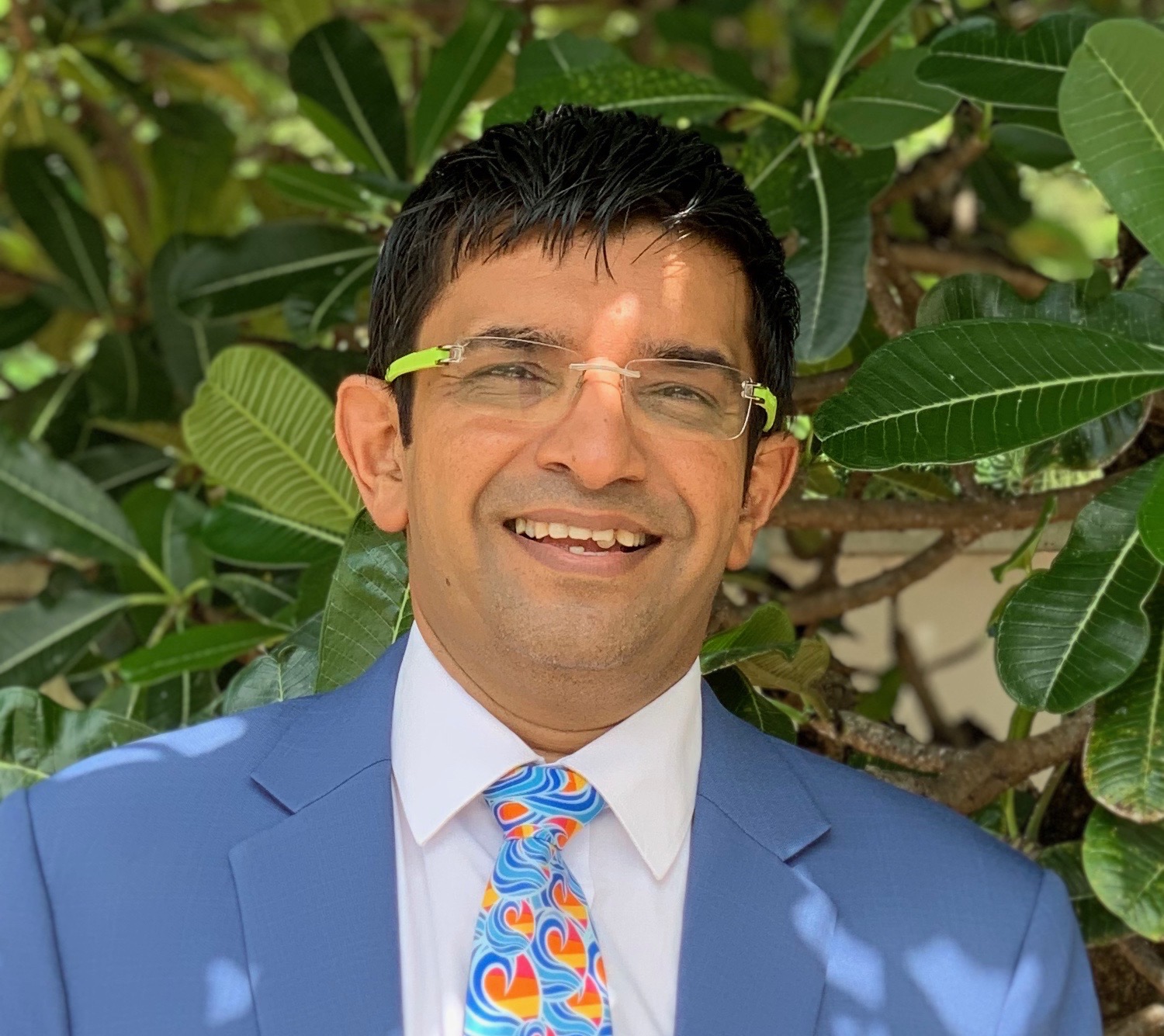Makwerekwere: Dynamics of the New Diaspora and Politics of Belonging
By Dorin Rugaiganisa ~ Legal Advisor at Soft-Tech on 03 May 2020Personal Journey

Makwerekwere! I was 6 years old when I first heard this term, after my eldest brother found himself suspended from school. In his defence as I’d come to learn for standing up to another pupil who had referred to him as a (sing.)” Mukwerekwere”
Makwerekwere (plur.) a derogatory neologism for “foreigners” in Southern Africa, more specifically black foreigners, a term commonly used in South Africa and Botswana.
There’s a whole generation of displaced African immigrants across the continent that have sprouted through the last 30 odd years. The true definition of a Pan African if you will. These are culturally accomplished individuals who have had the opportunity to live, grow up in, and or study, in numerous African countries. They are multilingual, vibrant, confident, innovative and most importantly and shockingly so they are, marginalized game changers so to speak. Marginalized? Well, Yes, I’ll explain why.
Who would have guessed being an immigrant, foreign national “Mukwerekwere” would become a challenge of balancing two identities? I’m African, in Africa, shouldn’t that be enough? Why the variations? Why the need to create a separate identity of “the other “What about “Ubuntu” are we not one? - NO.
We were taught that “home” is the land one belongs to and which, in turn, belongs to one. “Home affairs” were affairs of co-belonging and reciprocal ownership, which is not the same thing as “private possession”. In the narratives I grew up listening to, to be the owner of the land meant to take care of that land and to care for all who inhabited it, humans and non-humans. Ownership had a double meaning. It was about caring and caretaking, taking care in memory of those who came before and on behalf of those who were still to come. We were neither subjects nor citizens, but custodians.
Not to belong does not only mean to not have been born here. Not to belong does not only mean to have no fundamental right to be here as a result of not having been born here. It also means to have no right to die here and to be buried here because being buried here, in the deepest of African traditions, entitles one to a piece of the earth to contain one’s remains, that is, to engender a potential genealogy
For many African immigrants, the experiences of navigating through life as “the other” not belonging, or grasping the full ability to understand where they should belong, brought about massive anxiety when asked ‘’so where are you from?’’ Do you mean where I was born? where my family and friends are situated? Where I studied? How do you answer that?
Inevitably this gave birth to a new set of challenges which involved straddling the fence between rebelling against the preset identity of being an outsider and trying their level best to assimilate almost camouflage themselves into these new environments, a foreign land they’d found themselves in, one that wasn’t exactly, couldn’t exactly be called home. All in an attempt to escape being labeled different, a “mukwerekwere”. Because why else would anyone want to associate with a term, that is heavily rooted in negative connotations. Blamed as the prime reason for increase in violence in many Southern African communities and staggering rise of unemployment.
Fortunately, or unfortunately what ensued with the quest to establish some kind of identity and sense of belonging, for many, inevitably built up psychological patterns of doubts about oneself, their accomplishments and persistent internalized fear of being exposed as a fraud. A well documented term known as the imposter syndrome Dealing with imposter syndrome isn’t pleasant and can often be painful. Numerous studies have shown that people who have it are also more likely to have lower levels of self-esteem, as well as higher levels of anxiety and depression.
But feeling like a fraud (especially if it’s moderate rather than extreme) can have some benefits. Surprisingly what I have come to learn, and perhaps to offer some unsolicited friendly advice to those as a result of these same experiences who may be struggling with "imposter syndrome" is to not ignore those feelings. Its really important that we feel inside and what we present outside are similar, because the greater the discrepancy between what we feel on the inside and what we present on the outside, the more angst we feel.
We need to reach a point in our history as Africans when no African or person of African descent will again be subjected to this kind of prejudice, when no African or person of African descent will be forced to flee, to wage his or her life trying to cross mountains, deserts, rivers and seas, on the way to places where they are not welcomed or is likely to be severely mistreated, his or her body and soul brutalized, and his or her face covered in shame and humiliation. If we don’t change, we’re bound to the perpetual opinions, and mindsets of inadequacy, chained heavily by our lack of understanding of self.
By Dorin Rugaiganisa ~ Legal Advisor at Soft-Tech










